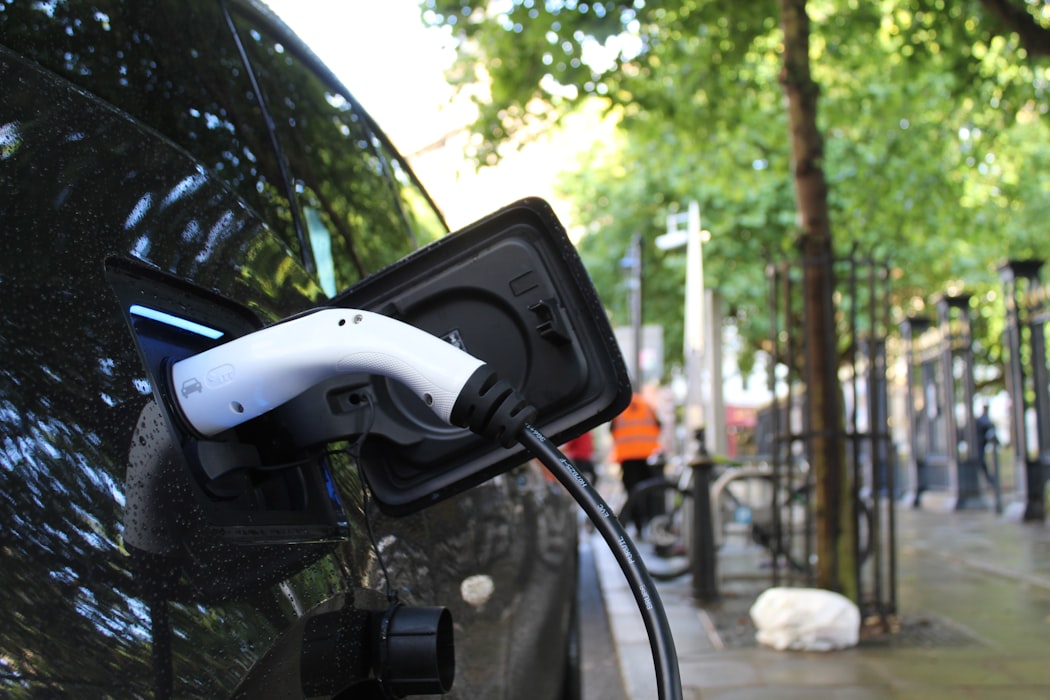
Publications
Electric mobility in the short food supply chain: is a farmers’ opportunity?
Article by Antonino Galati, Paola Concialdi, Maria Crescimanno
This study, part of the EnerNETMob research activities, aims to investigate the consumers’ Willingness to Pay for agri-food products delivered in the Farmers Markets (FMs) with Electric Vehicles (EVs). The empirical analysis was carried out by administering an online questionnaire to 273 consumers within a hypothetical context. A Multiple Price List was adopted in order to measure the price premium for 1 kilo of oranges transported with EVs, compared to those transported with traditional vehicles. Results suggest that consumers’ WTP is mainly influenced by their environmental attitudes, from the knowledge and possibility of engaging in responsible purchasing, and from the approval of friends and relatives (social norms). This study delivers insights to support both farmers’ choice to invest in EVs and policy makers to develop policies to promote this transition process. The main limitations of this study are related to the use of a convenience sample and to the social desirability bias linked to self-reported questions.
The EnerNETMob project for a greater sustainability of transports in the short food supply chain
Chapter in the book “Ragionando di sviluppo locale: una lettura “nuova” di tematiche "antiche" dedicated to EnerNETMob project
The chapter entitled “Il progetto EnerNETMob per una maggiore sostenibilità dei trasporti nella filiera corta / The EnerNETMob project for a greater sustainability of transports in the short food supply chain” is part of the book “Ragionando di sviluppo locale: una lettura “nuova” di tematiche "antiche / Reasoning about local Development: A "new" reading of "ancient" themes" (Contò F., Fiore M., Eds) edited by FrancoAngeli, Milano.
The chapter explains in detail the objectives and the activities carried out as part of the project in the first years of activity. After a detailed description of the pilot phase and the legislative framework for the introduction of sustainable mobility, the authors of the chapter (Antonino Galati, Maria Crescimanno, Marcella Giacomarra, Alessandro Carollo and Antonio Tulone of the University of Palermo) analyze the propensity of Sicilian farmers operating in the short food supply chain to implement the electric mobility with a view to environmental sustainability.
Find the book here
Contribution to the Sustainability Challenges of the Food-Delivery Sector: Finding from the Deliveroo Italy Case Study
article by Antonino Galati, Maria Crescimanno, Demetris Vrontis and Dario Siggia
The food delivery sector is assuming increasing importance in the distribution of food products and meals as it is becoming an ordinary component of consumption habits. However, the growth of the sector has inevitably affected the demand for freight transport, especially in urban areas. The aim of this study was to investigate the main enabling factors affecting the adoption of sustainable strategies, among which the electro-mobility, in the food delivery sector and what obstacles to dissemination can be seen. Deliveroo s.r.l. was chosen as case study. Results show that Deliveroo undoubtedly represents a good example of sustainable logistics and the dissemination of good practices among the key players of the food delivery sector. However, if on the one hand there is a strong commitment on the part of Deliveroo to find solutions that encourage the use of these means, on the other hand, there is the need for a greater commitment on the part of the institutions to create infrastructure conditions that facilitate the diffusion of these means.
This article belongs to the Special Issue Challenges and Solutions for Greater Sustainability in Agri-Food Transport and Logistics Systems
Read the article here
